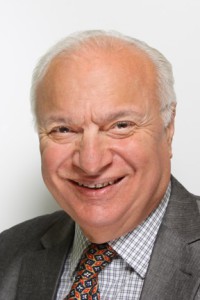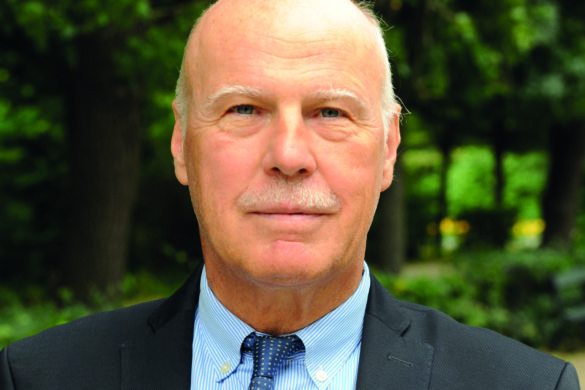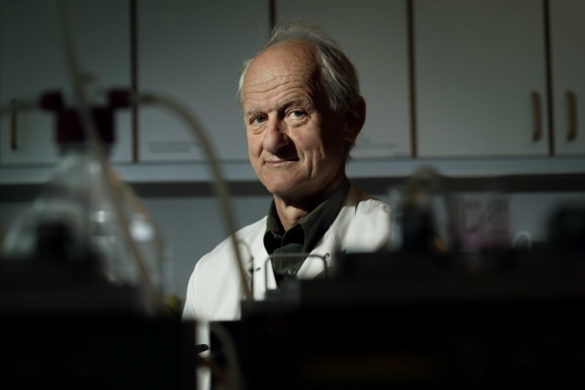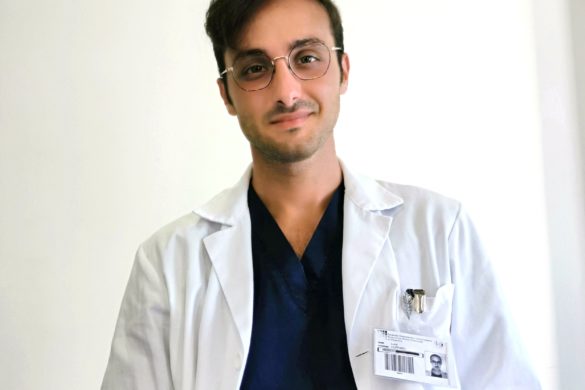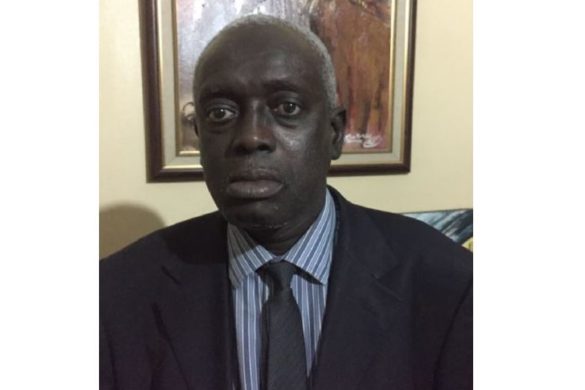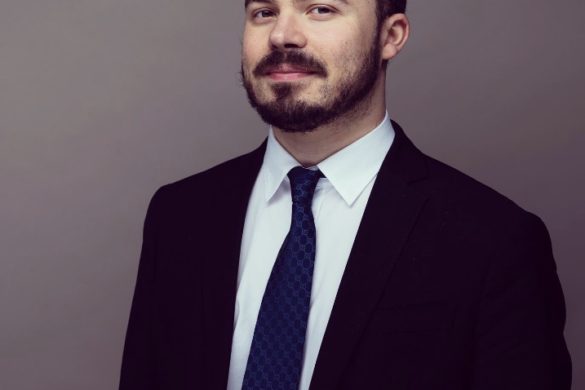David Vodušek (DV): The World Federation of Neurology’s structure comes close to that of the EAN as both societies bring together national neurological societies. Can you please illustrate to the Neuropenews readers how the WFN structures its work with the member societies?
Raad Shakir (RS): The WFN has grown rapidly in recent years and now represents 120 professional national societies in all regions of the world. When I ran for the office of WFN President, I did so on a platform of Global Involvement through Regional Empowerment. This remains the watchword of the current administration. Together with my trustee colleagues we involve our six regional directors and as many of the neurological societies as we can in the various WFN activities. To do that it is necessary for the WFN to introduce mechanisms to listen to the wishes and requests of our members and to seek to fulfill them as far as possible. The regional organizations are the key link between us and our members; they are the ones who really have their finger on the pulse and should be listened to. This is why we established the regional liaison committee, which is composed of the six presidents of the regional societies to advise the WFN trustees on various issues. We are trying to put in place systems of organized devolution, both administrative and financial, from the center to the regions and from them to the individual member societies in order to guarantee benefits for everyone.
DV: The 2015 World Brain Day initiative was announced and publicized in Neuropenews. It is an initiative that allows to highlight the importance of protecting and nurturing this amazing organ that is the brain. Will a World Brain Day be organized also in 2016? Will it address a specific issue? How can EAN work with you to enhance the importance of this initiative?
RS: The World Brain Day started out as a celebration of the founding of the WFN in 1957. Our plan is to mark the occasion every year on 22nd July. We have been very pleased with the success of the first two WBDs and I should like to pay tribute to the hard work of Prof Mohammed Wasay, Chairman of the WFN Public Awareness and Advocacy Committee and Prof Wolfgang Grisold, WFN Secretary-General, both of whom have played a central part and been key figures in getting this initiative off the ground. In 2016 our specific campaign theme will be “Brain health in an aging population”, one of the top priority areas not only for the World Health Organization but for all governments and health policy makers. The incidence and prevalence of neurological diseases is growing throughout the world due to an increasing mean age and life expectancy and our awareness campaign will focus on the burden of neurological diseases in the aging population, its treatment and prevention. We look to all national societies to publicize this occasion by holding events and working with their national media as much as possible. WFN will make various materials freely available on-line as we have done to date in previous years so that societies can download posters, brochures, leaflets and other educational items for use in their national campaigns and we hope regional associations will support them in their efforts.
DV: WFN is actively involved in the revision of the WHO ICD 11 edition. Can you illustrate the importance of this tool that allows the classification of diseases and more specifically neurological diseases? Are major changes foreseen for the neurological diseases for this next edition?
RS:In addition to my role as WFN President, I have been privileged to chair the WHO Topic Advisory Group (TAG) on Neurosciences to review ICD 10 and replace it with ICD 11. The group was formed in 2009 and, with the help and contributions of a great many colleagues and organizations from across the world, the work is now well advanced. It is expected that the ICD11 will be rolled out in 2018. We have made sure that all relevant neurological and neurosurgical conditions are ‘parented’ in the Neurology chapter. As we all know, Ministries of Health report health statistics to the WHO. Stroke was previously classified under Cardiovascular Disease. Thanks to the hard work of many of those involved in the TAG, especially the World Stroke Organization, and with the full agreement and co-operation of our colleagues in cardiology, the WHO has agreed to re-classify stroke under Neurology in ICD11. We worked on the total changes of many conditions, which were not known 25 years ago when ICD10 was produced. As an example Prion diseases were not in the medical repertoire and we had a long discussion to explain to the WHO to parent the condition under brain diseases rather that Infection. The work of the neurology TAG involved many discussions and involvement of specialist societies and groups. The classification is now open for comment and can be accessed on the WHO website. We encourage all to have a look at the WHO website and find the ICD11 beta draft website. I am sure that many will have their opinions on the content and we will be happy to have any constructive comment.
DV: WFN has started the initiative of Centers of Excellence for the training of African neurologists. Over the last 8 years, the WFN strongly supported the educational work in Sub-Saharan Africa. Do you see any involvement of the EAN in the WFN initiative of Centers of Excellence?
RS: Most certainly. One of the EAN’s predecessor societies, the European Federation of Neurological Societies (EFNS) has made a huge contribution to the WFN’s Africa Initiative project through the annual Regional Training Courses and we hope this collaboration will continue with the EAN and expand in as many ways as possible. The Centers of Excellence are a good example. Another is the recent founding of the African Academy of Neurology (AfAN) following the historic meeting in Dakar, Senegal in August 2015, which for the first time, brought together 27 presidents of neurological societies from across the entire continent. This will provide a focus for the formal training of 200 neurologists over 10 years to serve the specialty on the African continent in the coming years ahead, and it is vital that already well-established organizations, such as the WFN and the EAN, lend their support and guidance during this important formative period. The training of African neurologists in Africa is the goal. Two centers are up and running at Rabat and Cairo. The candidates are fully funded by the WFN and the aim to expand these accredited centers to four by adding Dakar and Cape Town. The WFN is in the process of trying to obtain additional funding for this crucial project.
DV: Prof. Shakir I thank you for this very informative interview and wish you and WFN further success.

